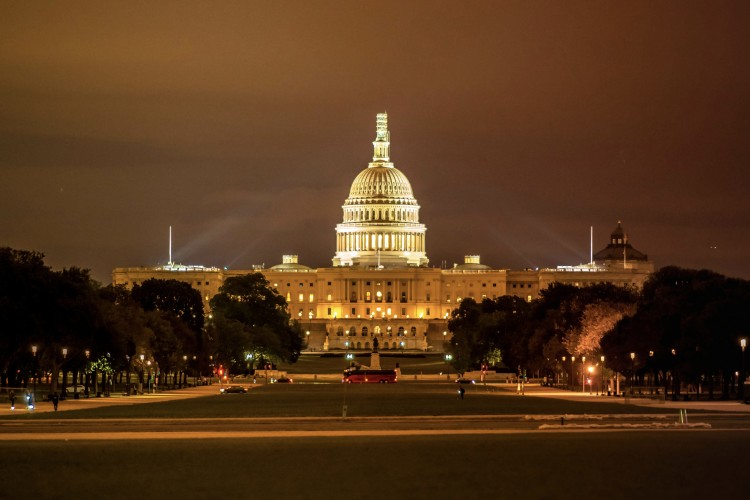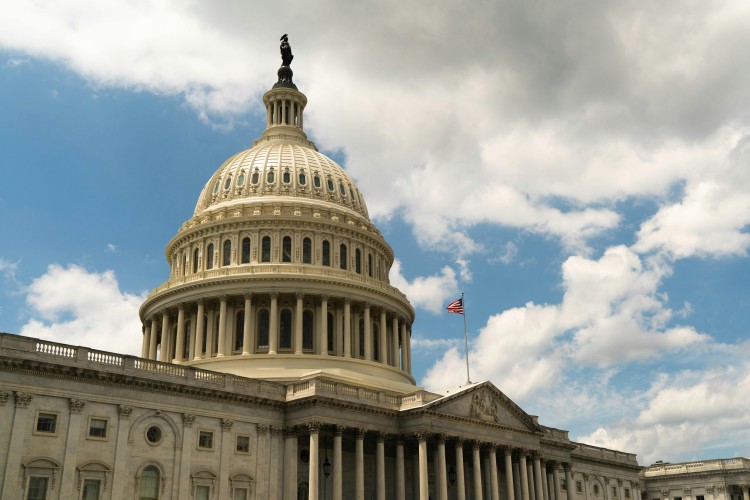Parental Incarceration, Child Homelessness, and the Invisible Consequences of Mass Imprisonment
Wildeman, Christopher. 2014. Parental Incarceration, Child Homelessness, and the Invisible Consequences of Mass Imprisonment. The ANNALS of the American Academy of Political and Social Science, 651: 74-96. The share of the homeless population composed of African Americans and children has increased since the early 1980s, but the causes of these changes remain poorly understood. This article considers the effects of paternal and maternal incarceration on child homelessness using data from the Fragile Families and Child Wellbeing Study, the sole dataset that (1) represents the urban children most at risk of homelessness, (2) establishes appropriate time-order between parental incarceration and child homelessness, and (3) includes information about prior housing. The results yield two primary conclusions. First, recent paternal (but not maternal) incarceration substantially increases the risk of child homelessness, roughly doubling it in my most instances. Second, these effects are concentrated among black children. Taken together, the findings indicate that the prison boom was likely a key driver of the dramatic increases in homelessness among black children. Thus, while economic downturns bring to mind the effects of foreclosure and eviction on homelessness, mass imprisonment may have played a role in the growth of the population of homeless black children even during the economic boom of the late 1990s.
This resource is available in the Files section below as a PDF.


